
The best advice I’ve ever heard about how to get ahead in life is to choose your parents wisely.
If only it were that easy.

The best advice I’ve ever heard about how to get ahead in life is to choose your parents wisely.
If only it were that easy.

I have a love/hate relationship with goals and goal setting.
I recognize their importance and potential. But, I suck at setting them.
Goals are one of the first things you encounter when doing any kind of personal, entrepreneurial, or business growth or training. What are your goals? Where do you see yourself in five years? What do you want to accomplish?
I. Have. No. Idea.
I never did, really. But things have worked out alright, anyway.

Having the freedom to do something does not exempt you from the consequences of doing it.
Having the right to do something doesn’t exempt you either.
Individuals and groups often argue for the freedom or right to do something without wanting to concern themselves with the consequences. They might even think that having the right somehow gives them a pass.
Nope.
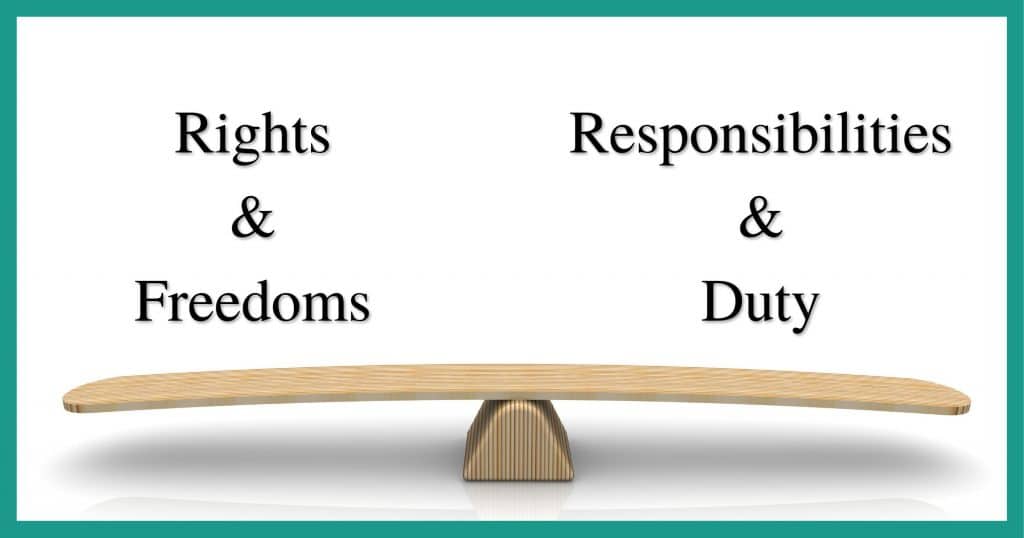
Amid the arguments of personal rights, the rights of others, and more, an important concept seems to have been lost.
With rights come responsibilities.
Without those responsibilities, “rights” become entitlements.

This is one I struggle with. Does someone turning out to be a bad person invalidate their unrelated prior work?
“Cancel culture” might say yes.
And yet, there are many instances where the prior work was so significant that the individual was given a pass.

Should charity be anonymous?
Having some means, motive, and opportunity, I find myself asking this from time to time.
It’s not as simple a choice as one might believe.
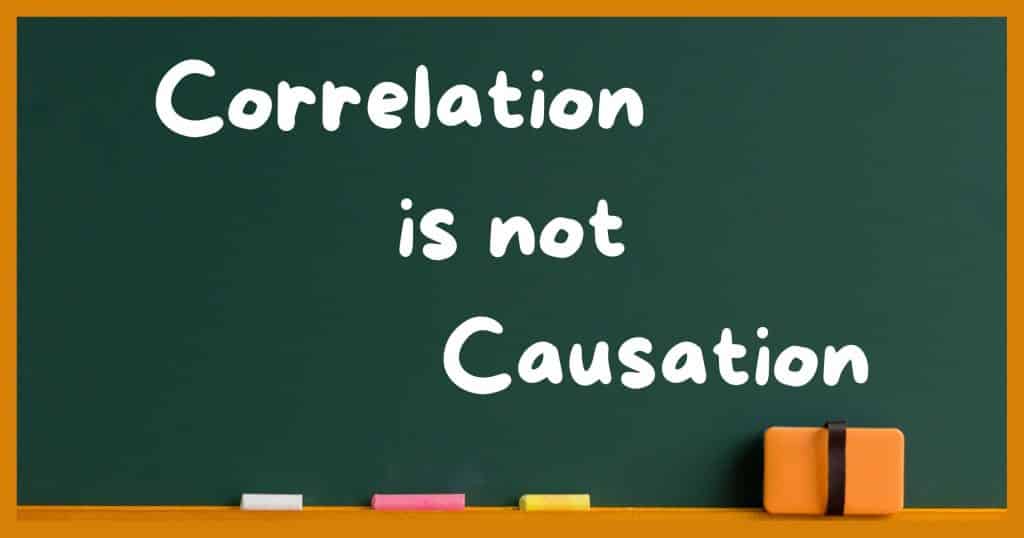
The ability to generalize is both a blessing and a curse.
It’s perhaps the only way we can make sense of the massive amounts of information we face every waking moment. Rather than worry about the minutia of each situation, we generalize and make assumptions based on that generalization to take action.

Just being able to start is a super-power.
In science, “activation energy” is the effort required to get something going. It applies to just about anything, though.
Even writing these essays requires that I put in a certain amount of non-trivial energy in just getting started … 65 times.

Most consider being open-minded a virtue.
I suspect many, though, have difficulty with what it really means.

We have a difficult time comprehending really large and really small numbers.
This often makes us vulnerable to misunderstanding and manipulation.

We use the word “should” an awful lot.
The problem is each use is an implicit judgement, and sometimes even an implied commitment.
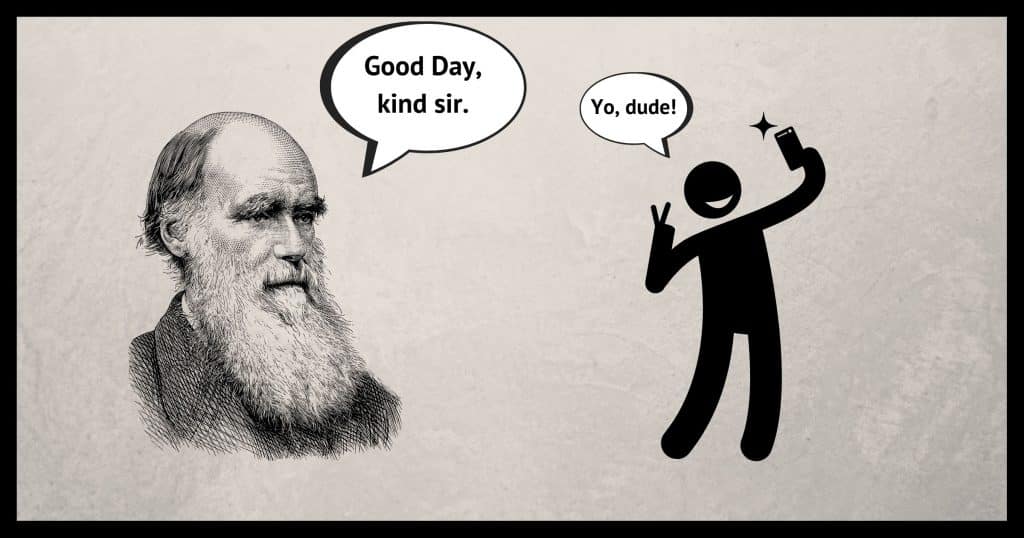
This is difficult for me to accept, but accept it I must.
Language is fluid and ever changing. It’s a slow change, but it’s a change, nonetheless.
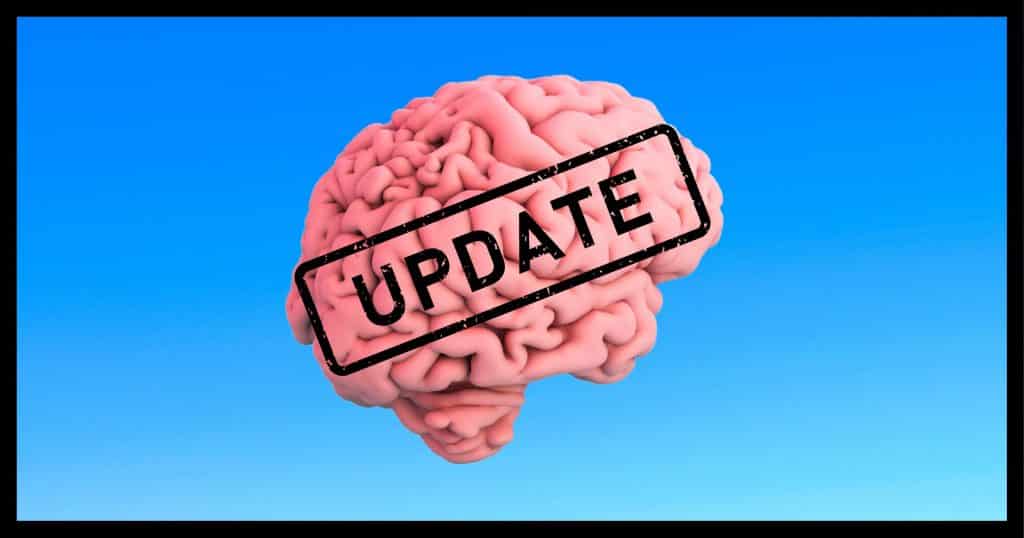
I mentioned in my thoughts on hypocrisy that many consider changing your mind a flaw.
For example, it’s rare that a politician will change their mind, at least publicly, for fear of a backlash.
And yet, changing your mind is one of the most important things we can be capable of doing.
It needs to be celebrated, not derided.
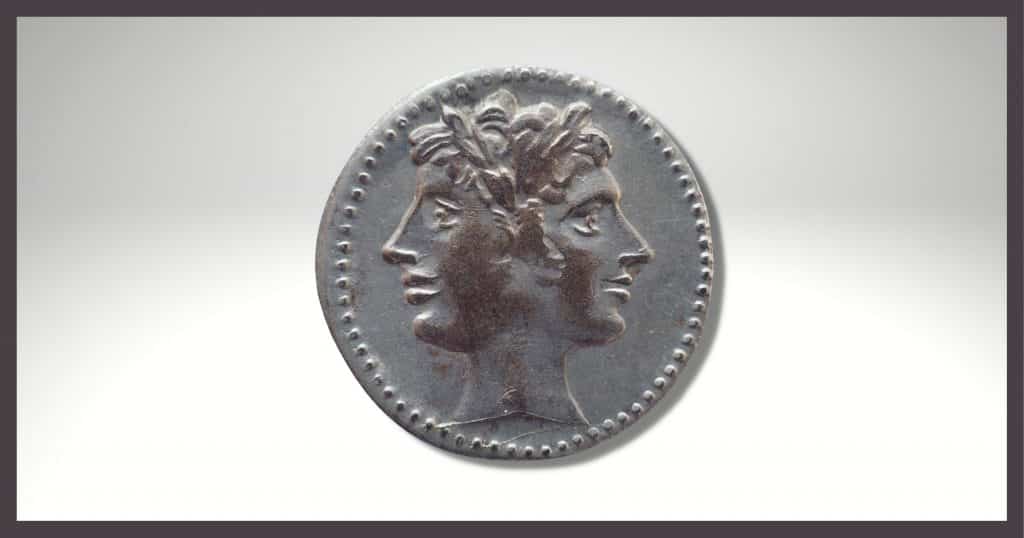
One of aspects of politics that frustrates me to no end is the rampant hypocrisy.
In order to pander to their base, politicians say or do just about anything, regardless of their own beliefs on the matter.
And then we’re surprised they behave other than they claimed they would.

It’s scary how frequently interpersonal communication — the ability to communicate a simple idea from one person to another — fails.
The most obvious cases are when we see someone say X, mean Y, and the other person hears Z. It can be quite amazing to witness.

Empathy — the ability to understand, accept, and even feel the feelings being experienced by others — makes many people uncomfortable.
And yet it’s a requirement for a healthy society.

Face it, you’re going to make a mess of it. You’re going to screw it up. We all do. Whatever “it” is, we make mistakes. Many of them.
What matters is not that you’ve made them, or even how many you’ve made.
It’s what happens next that matters most.

Skepticism has served me well, and I wish more people were more skeptical than they are.
To begin with, I do not think it means what you think it means.